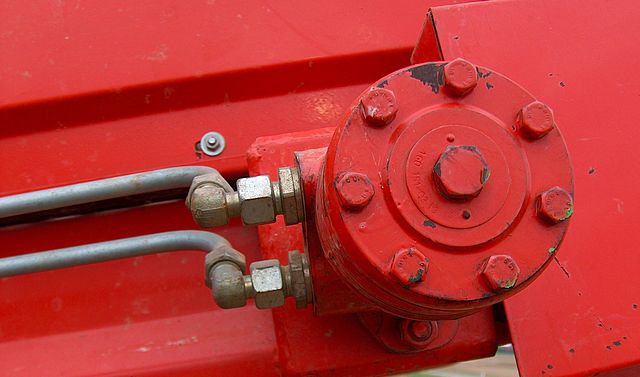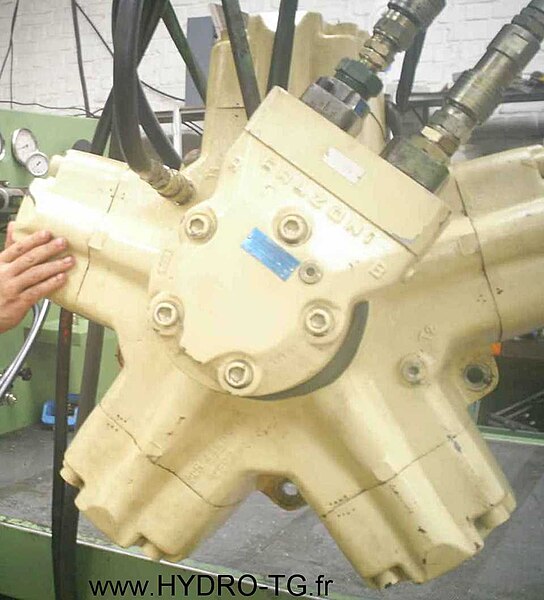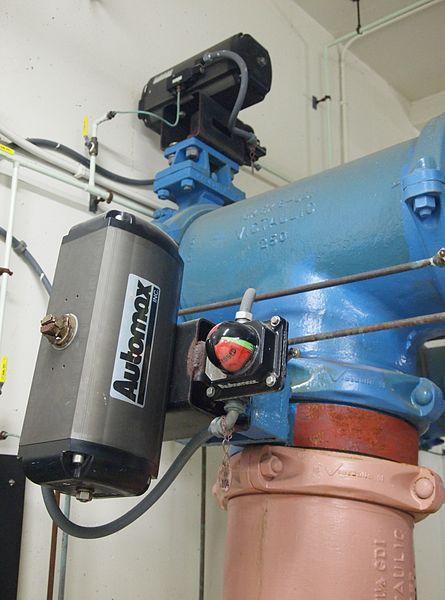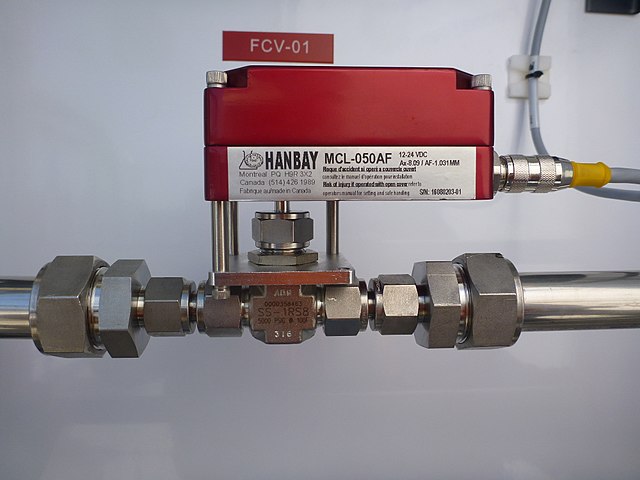Infinite photos and videos for every Wiki article ·
Find something interesting to watch in seconds
World Banknotes
Celebrities
History by Country
Crown Jewels
Kings of France
Rare Coins
Largest Palaces
Presidents
Largest Empires
Tallest Buildings
Wonders of Nature
Famous Castles
Supercars
British Monarchs
Animals
Orders and Medals
Ancient Marvels
Sports
Best Campuses
Wars and Battles
Richest US Counties
Great Museums
Great Cities
Countries of the World
Great Artists
Recovered Treasures
more top lists






